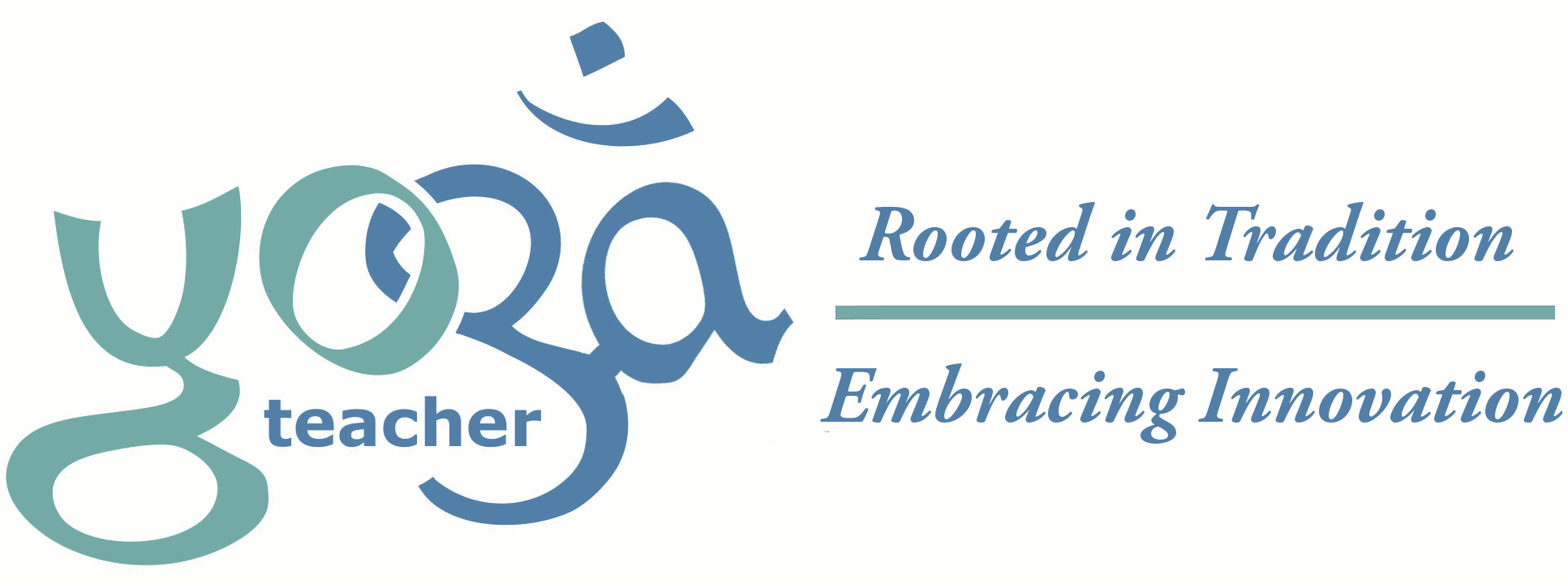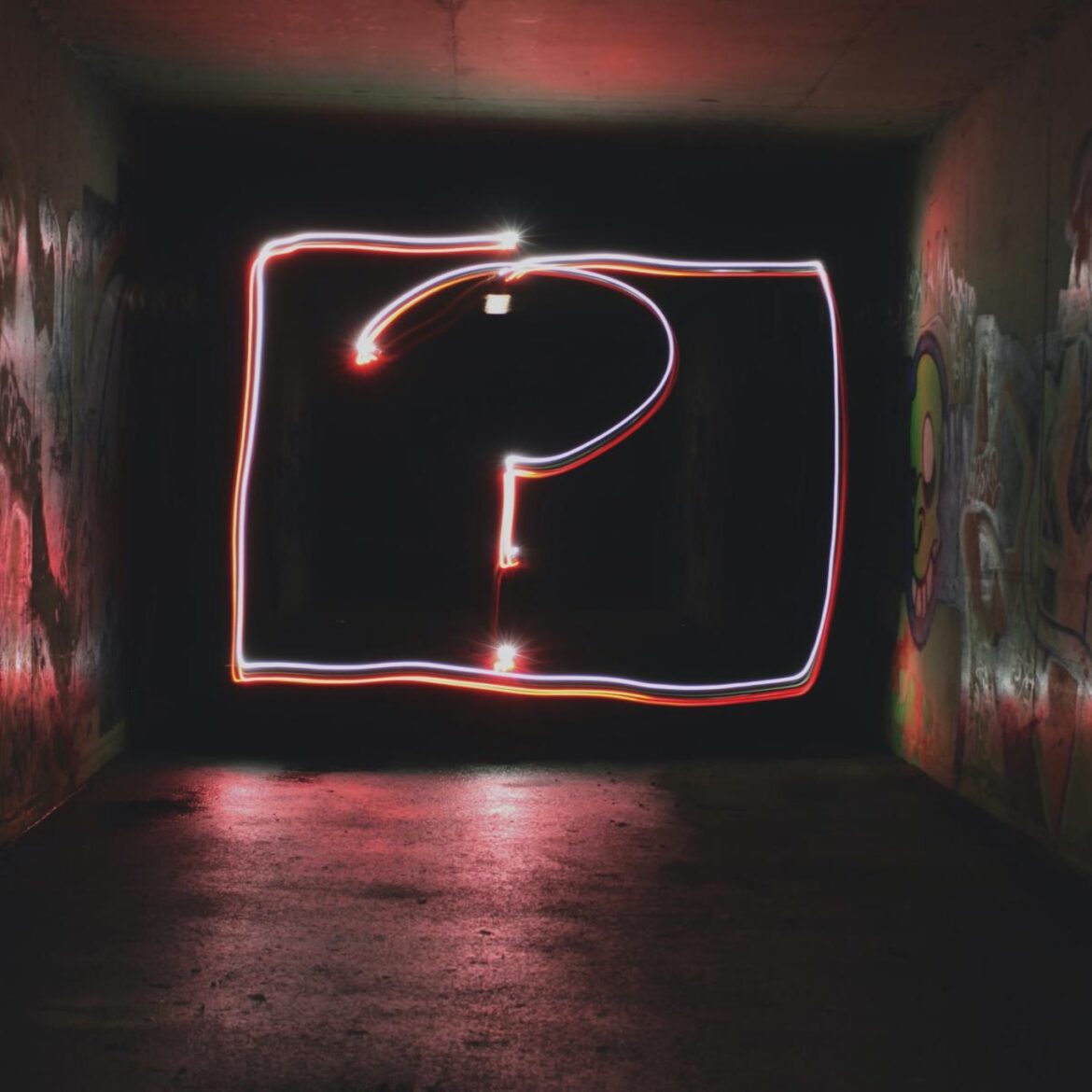A community organizer screened Al Gore’s documentary “An Inconvenient Truth” in Tyler, Texas. When it finished she took questions from the audience. One man, visibly shaken by the documentary, asked if it was too late to do anything about global warming. The woman replied that this was not a useful question. If she answered ‘Yes, it’s too late’, then why should anyone bother to try. On the other hand, if she answered ‘There is still time’ then people are inclined to put off action a little longer, like hitting the snooze button on your alarm. In either case, certainty suppresses action on the part of the audience. On the other hand, if we do not know if it is too late or not, there is a greater impetus towards immediate action.
As a child, I looked to my parents and teachers, assuming that they had all of the answers. As an adult I know better. Adults are making it up as they go along. For many this realization is terrifying. We still want to believe in authority figures who are all-knowing, all-powerful and who are looking out for our best interests. Of course, this is often wrong on all three counts.
Most people are not comfortable with uncertainty so they leap to certainty at the earliest opportunity. Certainty requires less effort to maintain and suppresses curiosity and learning. If I already know the answer, why continue to study or think about a situation. Unfortunately, when choosing leaders, we often mistake certainty for competence.
 There are two types of uncertainty: that of the expert who is still actively looking for the answer; and that of a person who does not care about the answer. For this essay, I am, of course, talking about the former. The greatest minds are not only comfortable with uncertainty, they seek it out because it gives rise to curiosity and furthers inquiry.
There are two types of uncertainty: that of the expert who is still actively looking for the answer; and that of a person who does not care about the answer. For this essay, I am, of course, talking about the former. The greatest minds are not only comfortable with uncertainty, they seek it out because it gives rise to curiosity and furthers inquiry.
The true scientist aspires to keep an open mind. In the quest for truth, they do not mistake an answer for the answer. They keep looking, asking questions, gathering data. If you ask them, ‘are you certain’, they reply ‘no’. But if you press them, they will give you an educated guess, often accompanied by a margin of error. One of the essential tenets of quantum mechanics is the uncertainty principle.
 When we are certain of an answer the mind disengages and seeks a new target. This is antithetical to Dharana (6th limb of yoga) which seeks to maintain a steady, one-pointed focus. If we can maintain a state of uncertainty, we can deepen and prolong our focused attention. An easy way to accomplish this is with the right question. For example, if practicing Ujjayi breath (an audible form of breathing), I might ask myself if I can hear my own breath. There are only three possible answers: I know I can hear it; I know I cannot hear it; and I am not sure. Then I adjust the sound of my breathing until the answer is ‘I am not sure’. I continue to pay attention and if I become certain that I can, or cannot hear the breath I adjust the sound of my breathing to restore uncertainty. As long as I stay in the space of uncertainty, curiosity is maintained, and I can lose myself in something as simple as observing my own breath.
When we are certain of an answer the mind disengages and seeks a new target. This is antithetical to Dharana (6th limb of yoga) which seeks to maintain a steady, one-pointed focus. If we can maintain a state of uncertainty, we can deepen and prolong our focused attention. An easy way to accomplish this is with the right question. For example, if practicing Ujjayi breath (an audible form of breathing), I might ask myself if I can hear my own breath. There are only three possible answers: I know I can hear it; I know I cannot hear it; and I am not sure. Then I adjust the sound of my breathing until the answer is ‘I am not sure’. I continue to pay attention and if I become certain that I can, or cannot hear the breath I adjust the sound of my breathing to restore uncertainty. As long as I stay in the space of uncertainty, curiosity is maintained, and I can lose myself in something as simple as observing my own breath.For those who hate uncertainty there is a very real danger that it will lead to apathy and inertia. However, for those that meet uncertainty with curiosity, it can lead to learning, growth and action. One thing that sets apart the greatest military and business leaders is their willingness to make decisions and act in the absence of certainty.






